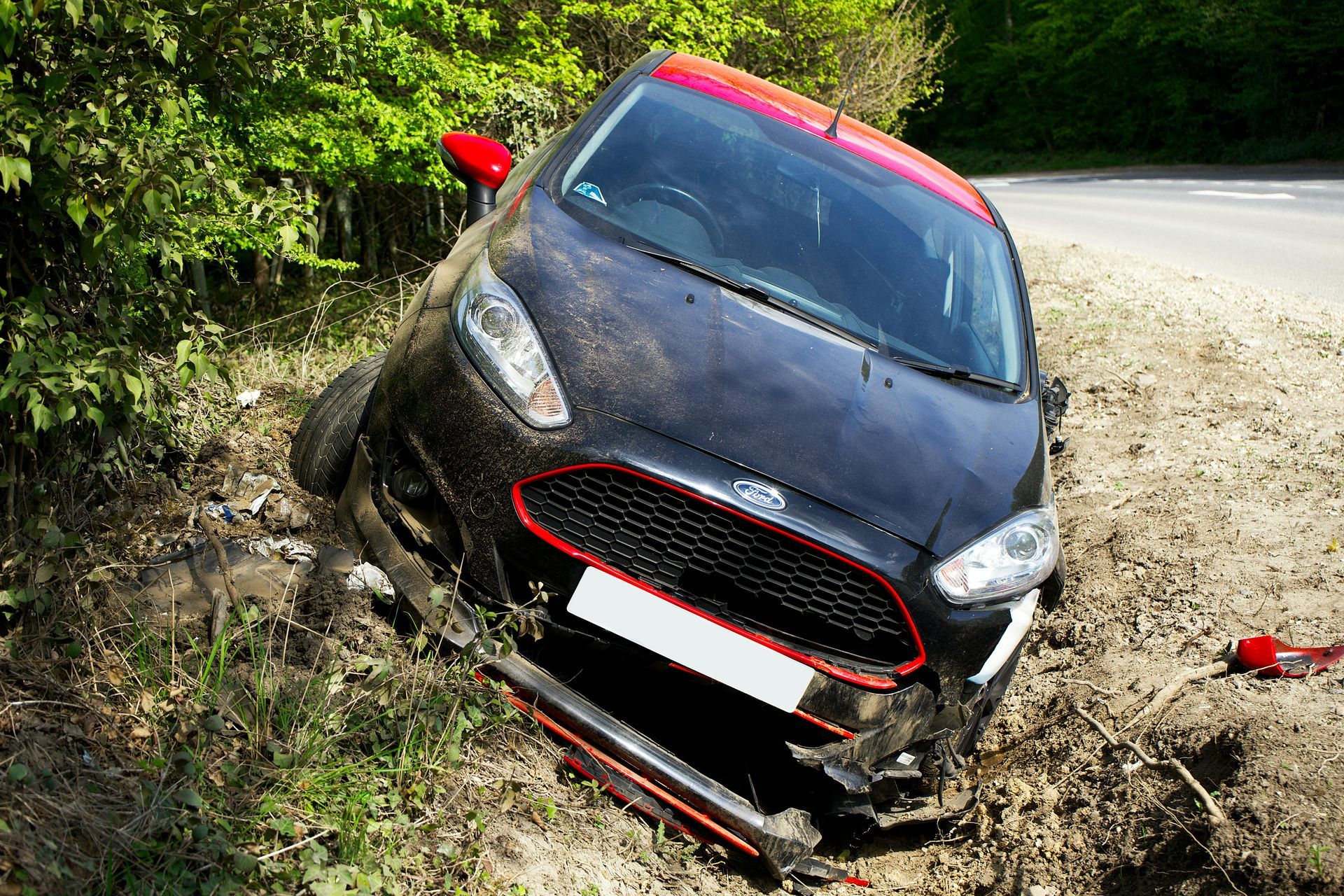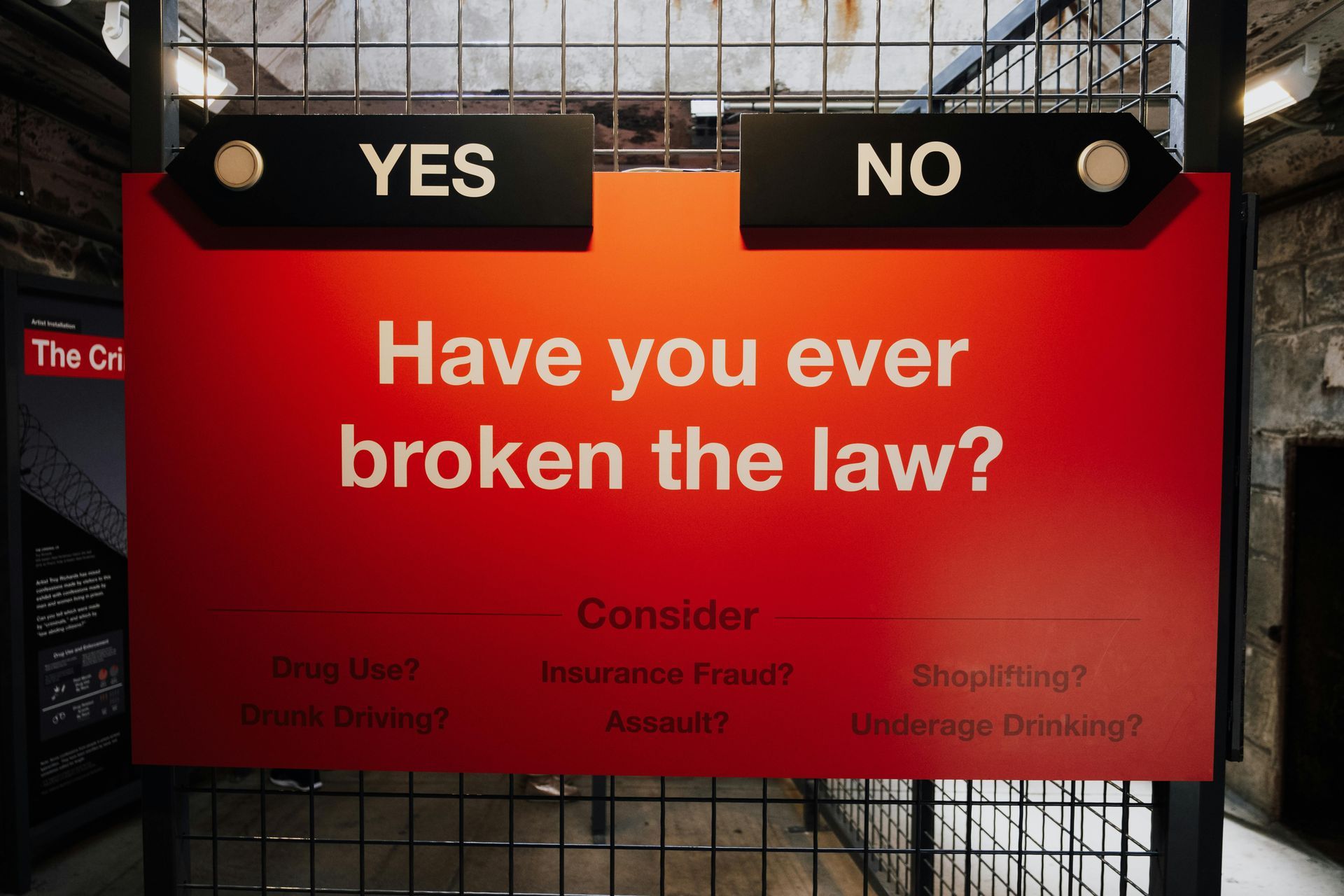Global Fraud Epidemic and How Proova is Fighting Back
The Scale of the Problem - How fraud is costing the insurance industry Billions globally every year
Fraud affects nearly every industry, from insurance and banking to retail and online services. According to Forbes, an estimated 20 percent of insurance claims are fraudulent, contributing to a global loss of over £244 billion annually [1]. The UK alone experiences over £1 billion in insurance fraud each year, with false claims and identity fraud leading the way [2]. Meanwhile, financial fraud costs UK banks £1.2 billion annually, with criminals exploiting weaknesses in traditional verification systems [3].
The rise of digital platforms has exacerbated the problem. According to McKinsey, online fraud increased by 25 percent in the past five years, with criminals using advanced methods such as synthetic identities, deepfake technology and social engineering to bypass outdated security measures [4].
Why Traditional Systems Fail
Many industries still rely on manual verification or outdated authentication methods that leave gaps for fraudsters to exploit. The main challenges include:
- Lack of initial verification – Many insurance policies and financial services do not require thorough verification at the time of policy creation, leaving room for fraudulent claims later.
- Slow and inefficient claim processes – Traditional verification methods can take weeks or months, leading to customer frustration and higher operational costs.
- Reactive fraud detection – Many fraud detection methods only flag suspicious activity after fraud has occurred, rather than preventing it at the outset.
How Proova Provides a Solution
Proova is at the forefront of fraud prevention, offering a proactive approach to authentication and verification. By integrating cutting-edge technology, Proova eliminates vulnerabilities in traditional verification processes.
1. Pre-Authentication: Stopping Fraud Before it Starts
Before a policy or transaction is approved, Proova requires users to authenticate themselves through a three step verification process:
- Photo ID verification – Users upload a government issued ID, which is cross-checked against official databases.
- Live selfie authentication – Facial recognition technology ensures the person submitting the ID is the legitimate user.
- Address verification service (AVS) – Bank card and address verification confirm the user's identity and residence.
By ensuring that only legitimate users gain access, Proova significantly reduces the risk of fraudulent policies and transactions.
2. Item Verification: Preventing False Claims
When insuring an item, users must provide authenticated images, which are geo tagged and time stamped. Proova’s image recognition software compares these images against a database to verify authenticity. This process prevents fraudulent claims involving non-existent or damaged goods.
3. Real-Time Claim Authentication
If a claim is submitted, Proova uses artificial intelligence to match the item’s previous records with the claim details. This includes:
- Comparing images with pre-authenticated records.
- Checking timestamps and location data to prevent staged incidents.
- Flagging anomalies for further review.
This streamlined process reduces claim processing time while maintaining accuracy, improving customer experience and reducing costs for businesses.
The Impact of Proova’s Technology
By integrating Proova’s authentication technology, businesses can significantly cut their fraud related losses. Studies show that implementing AI driven fraud prevention can reduce fraudulent claims by up to 40 percent [5]. Companies using similar verification measures have reported a 30 percent drop in fraud-related pay outs, leading to lower operational costs and more competitive pricing for consumers [6].
Additionally, faster verification processes mean insurers and financial service providers can improve customer retention. Research by Accenture found that 14 percent of customers switch insurers due to slow claims processing, highlighting the importance of efficiency [7].
The Future of Fraud Prevention
As fraud techniques evolve, so must the measures to combat them. Proova is continuously innovating, integrating blockchain verification, machine learning fraud detection and biometric security to stay ahead of emerging threats.
By adopting a proactive rather than reactive approach, businesses can safeguard themselves and their customers against financial loss and reputational damage.
Fraud may be a global challenge, but with the right technology, it is one that can be tackled effectively. Proova is leading the charge in securing transactions and ensuring authenticity at every stage of the process.
References
[1] Forbes Advisor: Insurance Fraud Statistics 2024 – https://www.forbes.com/advisor/insurance/fraud-statistics/
[2] Association of British Insurers: Annual Fraud Report 2023 – https://www.abi.org.uk
[3] UK Finance: Financial Fraud Report 2023 – https://www.ukfinance.org.uk
[4] McKinsey & Company: The Future of Digital Fraud Prevention – https://www.mckinsey.com
[5] Deloitte Insights: AI and Machine Learning in Fraud Prevention – https://www2.deloitte.com
[6] PwC Global Economic Crime and Fraud Survey 2023 – https://www.pwc.com
[7] Accenture: Global Insurance Customer Survey – https://www.accenture.com












